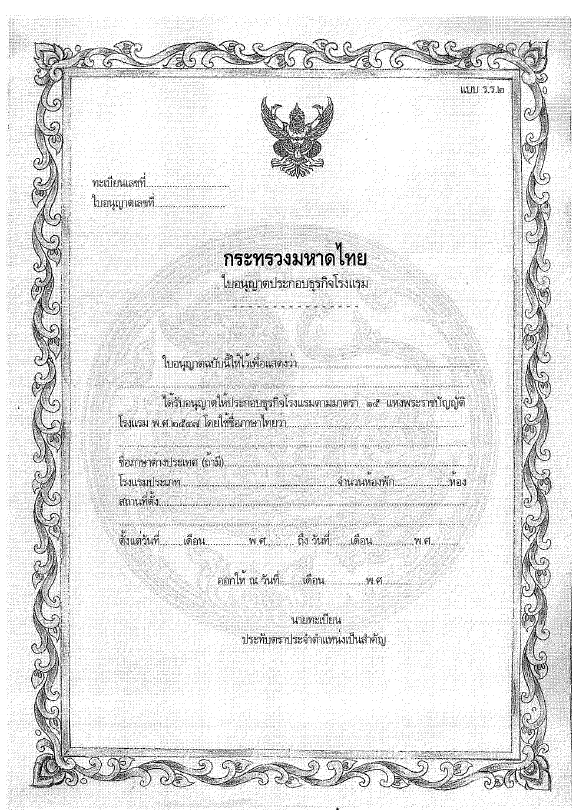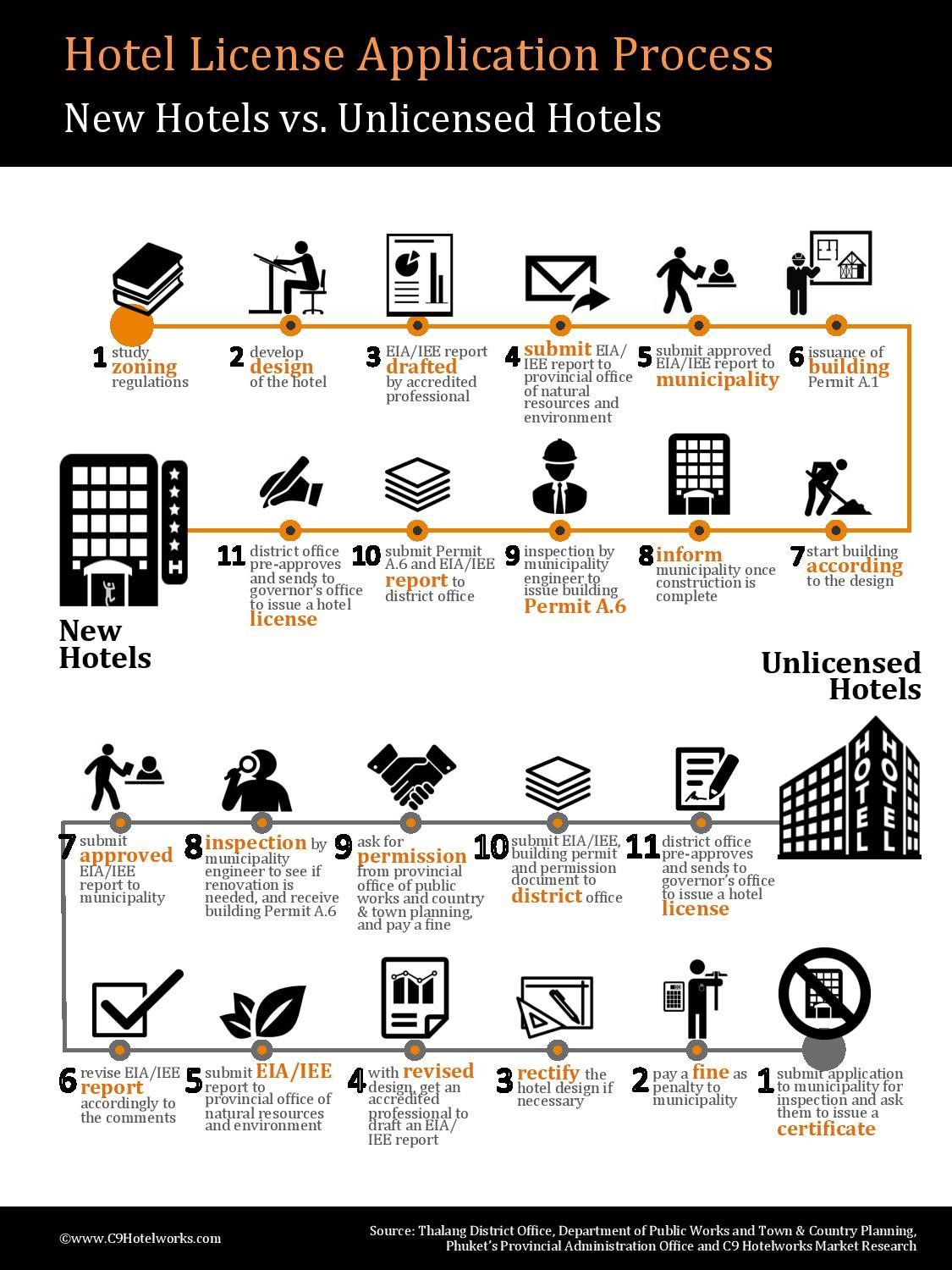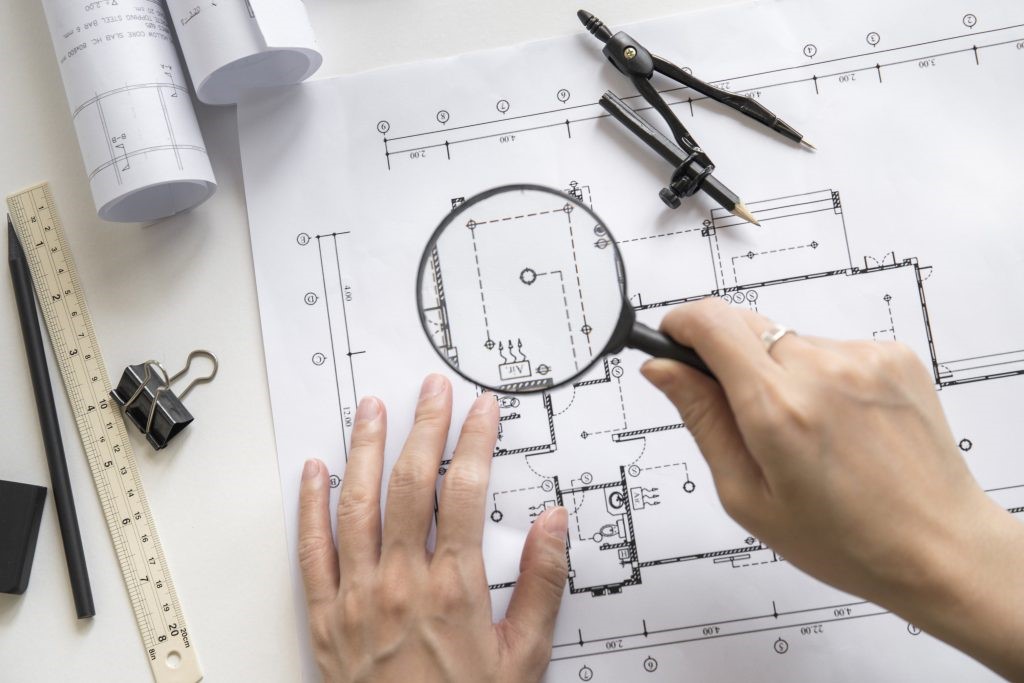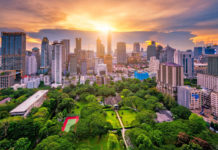Investors planning to run a building or a property as a business providing paid short term accommodation are required to get a Hotel License in order to operate a hotel legally. It is indeed a time consuming process going through many legal and administrative steps, queues, stamps, fees, documents and forms to fill.
The good news: your effort-worthy license lasts 5 years, you don’t need to go through this process every year, the renewal is way easier and quicker. The other good news especially among some villa owners, The Hotel Act 2004 mentions some exemptions.
We highly recommend hiring a local lawyer to assist you during the process of getting your Hotel License for the first time, as you might find yourself in the middle of complicated and unclear rules and processes. We have collected here relevant information you need to know in order to run a business providing paid accommodation in Thailand.
DO I NEED TO GET A HOTEL LICENSE?
The Ministerial Regulation 2008, legitimized by the Hotel Act 2004, states that a business is required to obtain a Hotel License if:
- The business qualifies as a hotel and
- Such hotel is not license-free
A Hotel is defined under the Hotel Act 2004 as any place that provides paid accommodation for less than a period of one month.
However, a Hotel License is not required if the business :
- Has no more than 4 rooms on all floors in all buildings,
- Has a total capacity of no more than 20 guests,
- Qualifies as a small business that provides an additional source of income to the owner, and
- Reports its daily rental business to the government (hotel registrar).

HOTEL CLASSIFICATION IN THAILAND
- Type 0: hotels exempted from certain requirements including the need to obtain a hotel business license,
- Type 1: hotels providing accommodation only, the number of rooms does not exceed 50, the size of each room is not less than 8 square meters,
- Type 2: hotels providing accommodation and catering/restaurant services, the size of each room is not less than 8 square meters,
- Type 3: hotels giving accommodation, catering or restaurant services, the size of each room is not less than 14 square meters, and which has either conference rooms or entertainment venues which under the Place of Service Act could be a place for dancing, bars, and nightclubs or spa,
- Type 4: hotels providing accommodation, catering or restaurant services, conference rooms, and entertainment venues, the size of each room is not less than 14 square meters.
HOTEL LICENSE FEES
- 10,000 THB for a hotel business with maximum 50 rooms.
- 20,000 THB for hotel & restaurant
- 30,000 THB for a hotel, restaurant, and seminar rooms.
- 40,000 THB for a hotel, restaurant, seminar rooms, and entertainment
An additional 80 THB per room is charged annually.
WHAT DOCUMENTS ARE REQUIRED TO APPLY FOR A HOTEL LICENSE?
- Construction permit.
- Map of the interior.
- Landlord documents if any.
- Map of the location.
- Environment Impact Assessment : For hotels with more than 80 rooms, or depending on its size or location. If the restaurant has an area less than 200 square meters, the owner must only notify the local authorities for a Certificate of Notification as stated in the Public Health Act.
- Permit for Occupation or a “Certification of Building Inspection” depending on the area where your hotel is located.
STEPS TO APPLY FOR A HOTEL LICENSE IN THAILAND :
- Prior to finalizing a location for the hotel, it is important to ensure that the construction permit of the building to be used for the hotel allows for the said purpose under the requirements of the Building Control Act.
- Once the construction permit allows you to operate a hotel in the property, you may proceed with the application for a hotel license at the Department of Provincial Administration for hotels located in Bangkok, or from the Provincial Governor’s Office for other areas.
- Another application is submitted to the provincial office. The application from thereon will be transferred to the authorities of health, environment, and construction.
- The concerned authorities will approve the hotel building after thorough inspection and verification.
- The license will be issued if no objection is found and the authorities are satisfied with the inspection and verification.
HOW LONG DOES THE PROCESS LAST?
The whole process can take about 6 months.
SOME MORE INFORMATION YOU NEED TO KNOW
- The license should be renewed every 5 years.
- Only a Thai director can sign the concerned application and documents related to the acquisition of hotel license.
- As per the Thai law, the hotel must employ hotel manager with appropriate education or experiences and the duties to manage the hotel affairs. This can be the same person as the hotel business operator.
- .In case an existing hotel business is being overtaken by another individual, the license has to be transferred in the name of new owner. The process of transfer of the hotel license is free.
- Additional licenses might be required with respect to food, liquor, entertainment and more.
- The hotel building must fulfill certain safety standards depending on its number of floors.
- A new Ministerial Regulation came into effect on August 19, 2016, which allows for an interim period of five years with more relaxed requirements for the reclassification of existing buildings to be used as a hotel.
- The Board of Investment promotes companies operating hotels with at least 100 rooms or with a minimum investment of 500 million THB (excluding cost of land and working capital). Promoted hotels located in one of the special investment promotion provinces are entitled to corporate income tax exemption, exemption on import duties on machinery and raw materials, as well as non-tax incentives. Promoted hotels located in other provinces are eligible for exemption on import duties on raw materials and non-tax incentives.












